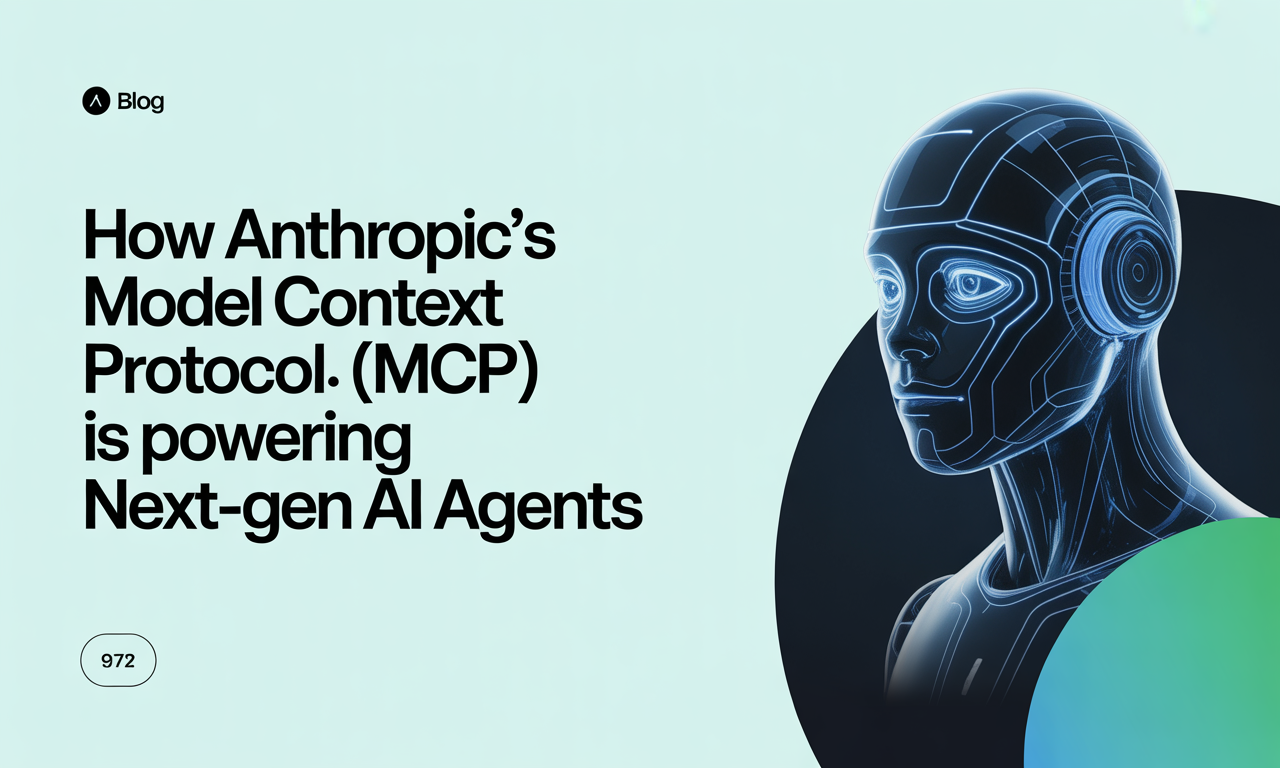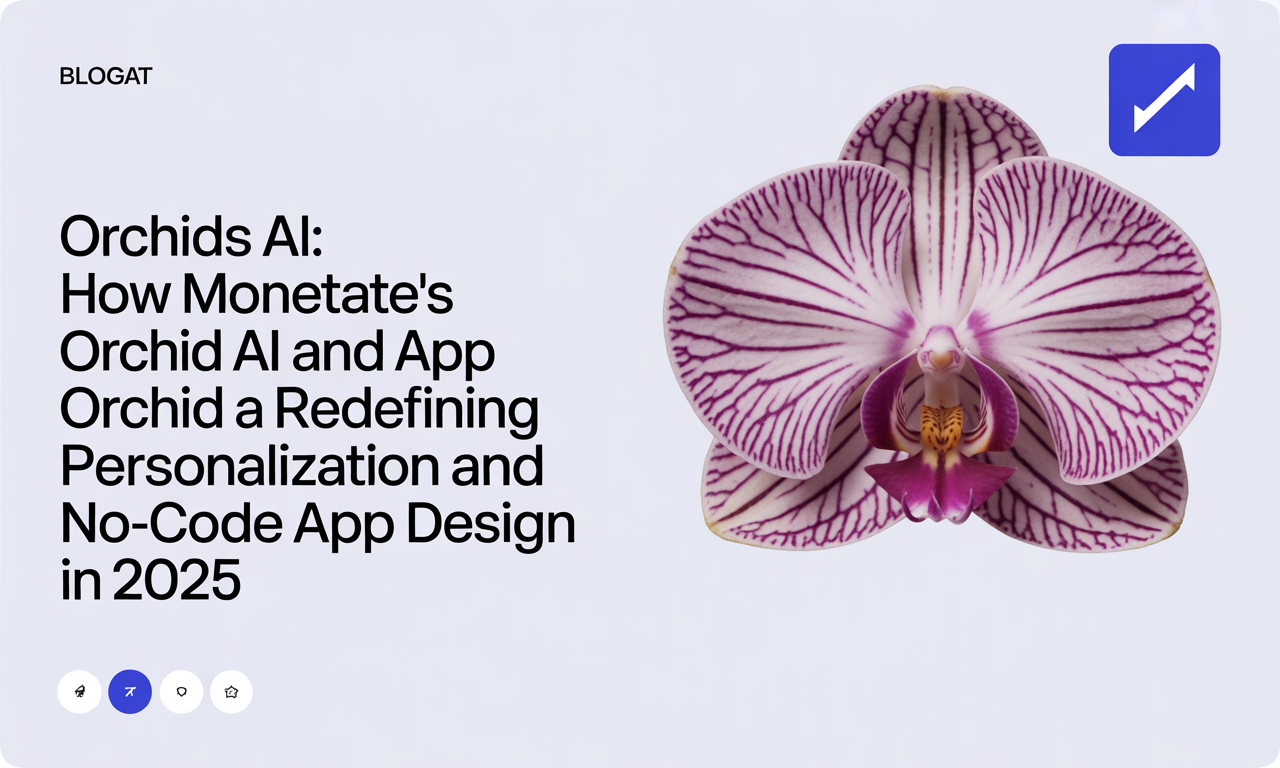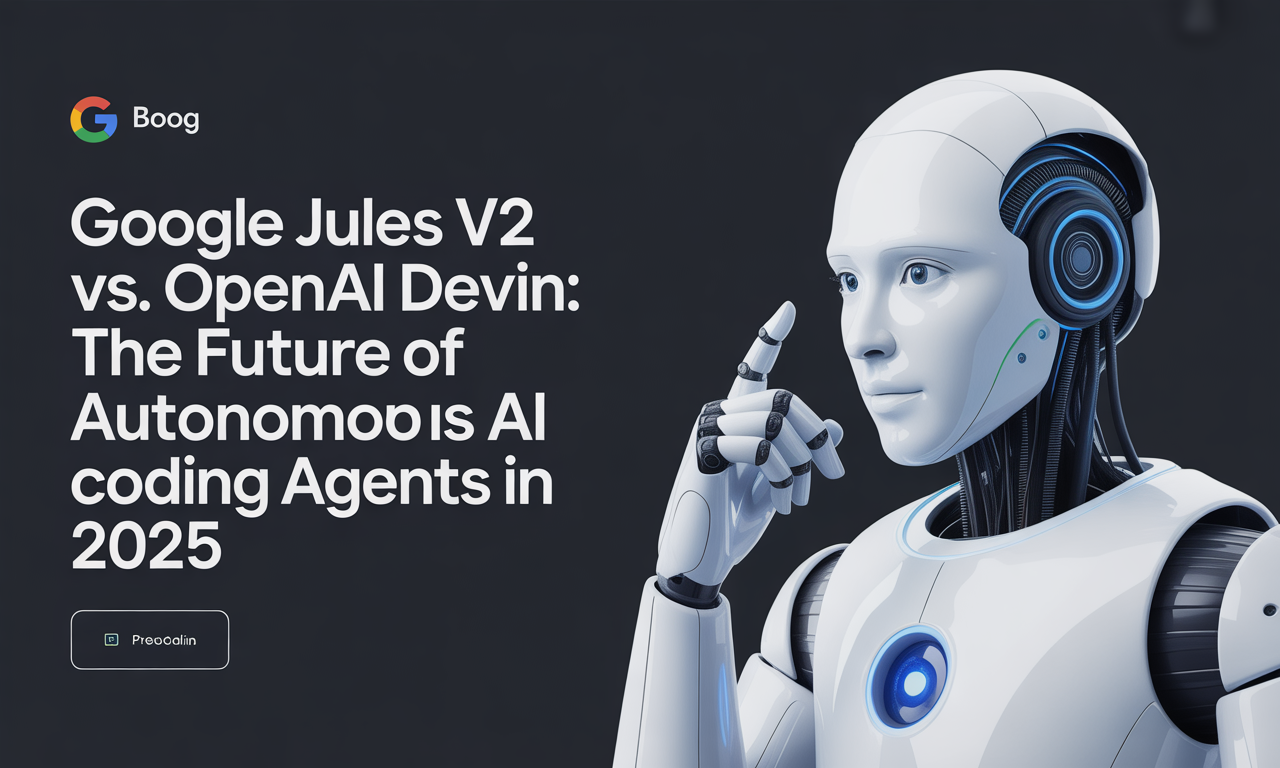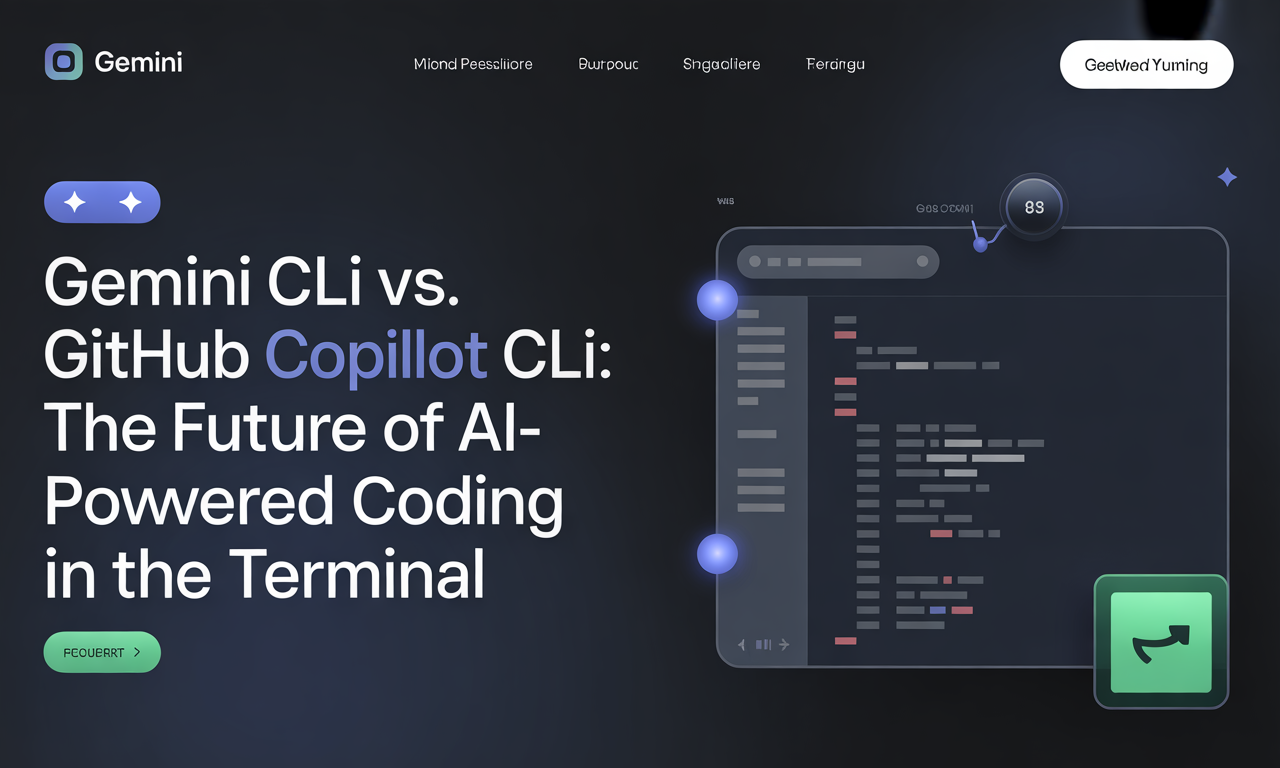How Anthropic’s Model Context Protocol (MCP) Is Powering Next-Gen AI Agents
The landscape of artificial intelligence is evolving faster than ever, and a new breakthrough is making waves in 2025 — Anthropic’s Model Context Protocol (MCP). Often described as the “USB-C for AI,” MCP is an open standard revolutionizing how AI agents connect with external data, tools, and services. This universal interface is not only simplifying integrations but also unlocking unprecedented capabilities for AI applications.
In this post, we’ll explore what MCP is, why it’s a game-changer, its core architecture, real-world impact, and how developers and businesses can leverage it to build powerful, autonomous AI agents.
What Is Model Context Protocol (MCP)?
At its core, MCP is a universal communication protocol designed to facilitate seamless interaction between AI models and the rich ecosystem of digital tools and data sources. Introduced by Anthropic in late 2024, MCP tackles one of the biggest challenges in AI development: the complexity and brittleness of connecting AI agents to external systems.
The Integration Challenge: M×N Problem
Before MCP, every AI-to-tool integration was often custom-built, creating an M×N problem—where M AI models had to connect individually to N tools, resulting in a tangled web of bespoke connectors. MCP simplifies this by providing a standard, plug-and-play interface that any AI agent and any service can adopt.
Think of MCP as the “USB-C” for AI—a universal port that allows diverse devices (or in this case, AI agents and software tools) to connect effortlessly without compatibility headaches.
MCP’s Core Architecture: How It Works
MCP is built on a client-server architecture designed for flexibility, extensibility, and security:
1. Host Application (AI Model or Tool)
- The host application is the AI agent or model interface that users interact with, such as Claude Desktop or an AI-powered Integrated Development Environment (IDE).
- It initiates MCP connections to access external data or tools.
2. MCP Client
- Embedded inside the host, the MCP client handles communication by translating requests and responses between the AI model and MCP servers.
- It ensures seamless messaging without the AI needing to manage protocol details.
3. MCP Server
- The MCP server exposes specific functions, data, or tools to the AI agent.
- Examples include databases (PostgreSQL), APIs (GitHub), file systems, or enterprise services.
- Each server offers standardized endpoints that the AI can query or command.
4. Transport Layer & Messaging
- MCP supports multiple transport methods:
- Local communication via STDIO (standard input/output).
- Remote communication over HTTP combined with Server-Sent Events (SSE) for real-time updates.
- All messages use JSON-RPC 2.0, ensuring structured, reliable, and debuggable communication.
Why This Architecture Matters
- Dynamic Capability Expansion: AI agents can gain new abilities instantly by connecting to updated or new MCP servers, without changing their core code.
- Flexibility: Suitable for desktop, cloud, and hybrid environments.
- Security: Incorporates modern authentication protocols like OAuth 2.1 to safeguard sensitive data access.
Why MCP Is a Game-Changer for AI Agents
Anthropic’s MCP is more than just a technical specification—it’s a catalyst for next-generation AI capabilities. Here’s why it stands out:
Standardization Solves Integration Chaos
- MCP eliminates the need for countless custom connectors by offering a universal interface.
- This reduces development time, lowers maintenance costs, and speeds up deployment.
Rapid Ecosystem Growth
- Being an open standard, MCP encourages community-driven creation of reusable connectors.
- Popular integrations now include PostgreSQL databases, GitHub repositories, cloud APIs, and enterprise systems.
- This growing ecosystem benefits both AI agents and the tools they connect with, creating a virtuous cycle of innovation.
Dynamic Context Management
- MCP enables AI agents to manage and update their context in real-time.
- It introduces two key abstractions:
- Resources: For managing data the agent can reference.
- Tools: Standardized interfaces for performing actions.
- This dynamic context handling allows AI to maintain awareness over long-running tasks or complex workflows.
Enhanced Security
- With built-in support for OAuth 2.1 and other modern authentication protocols, MCP ensures secure access to sensitive services.
- This is critical for enterprise adoption where data privacy and compliance are paramount.
Empowering Autonomous AI
- MCP enables AI agents to perform complex, real-world tasks autonomously, such as:
- Querying and updating databases.
- Sending emails or notifications.
- Managing files and documents.
- Automating workflows across multiple platforms.
- This level of autonomy was previously hampered by fragile, one-off integrations.
Real-World Adoption and Industry Impact
By early 2025, MCP has rapidly gained traction across industries and platforms, signaling a major shift in AI development.
Key Adopters and Integrations
- Developer Tools: Platforms like Cursor, Replit, Zed, and Sourcegraph have integrated MCP to offer unified AI-driven code assistance and data interaction.
- Companies: Enterprises such as Block and Apollo leverage MCP to streamline AI workflows and data access.
- Cloud Platforms: Amazon Bedrock supports MCP servers, enabling scalable, secure AI access to internal and external data for enterprise clients.
Foundation for Autonomous AI Agents
- MCP is becoming the backbone for long-running AI agents that maintain context, take actions, and interact continuously with multiple systems.
- This enables use cases like:
- AI-powered project management assistants.
- Automated data analysis bots.
- Intelligent customer support agents.
Key Technical Features of MCP to Know
Understanding MCP’s technical underpinnings helps appreciate its power and versatility:
- JSON-RPC 2.0 Protocol: Ensures all communication is well-structured, easy to debug, and consistent across implementations.
- Transport Flexibility: Local STDIO and remote HTTP+SSE support make MCP suitable for diverse deployment scenarios.
- Extensibility: New functions and data sources can be integrated simply by deploying more MCP servers—no need to alter AI agent software.
- Security by Design: OAuth 2.1 and other protocols protect sensitive data and authenticate access seamlessly.
Limitations and What’s Next for MCP
While MCP is a breakthrough, it’s still an emerging standard with ongoing development:
- Ecosystem Growth: Some niche or specialized integrations might still require custom development.
- Security and Governance: As MCP adoption grows in sensitive environments, best practices around governance, auditing, and compliance continue to evolve.
- Performance Optimization: Future iterations may focus on reducing latency and improving throughput in complex multi-server setups.
Actionable Takeaways for Developers and Businesses
If you’re building AI-driven systems or looking to integrate AI agents into your workflows, MCP offers a compelling path forward:
- Explore MCP-Enabled Tools: Start with MCP-compatible platforms like Claude Desktop or developer IDEs with built-in MCP support.
- Leverage Existing MCP Servers: Utilize ready-made connectors for databases, enterprise APIs, and cloud services to accelerate your AI integrations.
- Build MCP Servers for Your Services: If you manage proprietary tools or data, develop MCP servers to expose them universally to AI agents.
- Prioritize Security: Implement OAuth 2.1 and monitor evolving governance standards to protect your data and users.
- Design for Extensibility: Adopt MCP’s modular approach to keep your AI agents adaptable as new tools and capabilities emerge.
Conclusion: MCP Is the Future of AI Connectivity
Anthropic’s Model Context Protocol is rapidly becoming a foundational technology for next-generation AI agents. By providing a universal, secure, and extensible interface, MCP eliminates the integration bottlenecks that have long hindered AI adoption in complex environments.
For developers, businesses, and AI innovators in 2025 and beyond, embracing MCP means unlocking richer, more autonomous, and context-aware AI applications. Its ability to seamlessly connect AI agents with diverse tools and data sources is setting a new standard—much like USB or HTTP did for hardware and the web.
Start exploring MCP today, and position your AI solutions at the forefront of this transformative wave.
Harness the power of MCP to build smarter, more connected AI agents—because the future of AI is interoperable, dynamic, and secure.



